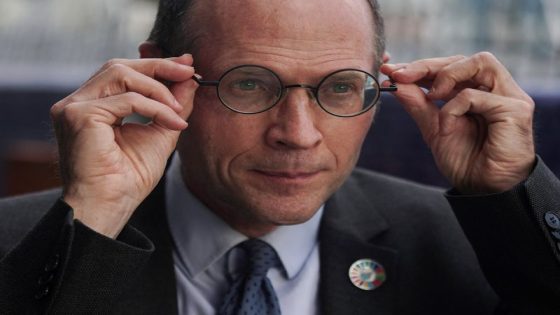BOGOTA (Reuters) – Colombia’s peace efforts will not bear fruit while the Andean country is divided by social and economic strata comparable to India’s caste system, a United Nations envoy said.
Colombia’s government classifies households into six economic strata, with those in richer neighborhoods paying more for utilities to subsidize people living in poorer communities.
The aims of such a system may be noble, but the result is social segregation and the entrenchment of poverty, Olivier De Schutter, the U.N.’s special rapporteur on extreme poverty and human rights, told Reuters in Bogota, as his latest report on Colombia was published on Wednesday.
It is very easy for people to never mix with other strata and for rich Colombians “to entirely ignore the problem of poverty in the country,” he added.
The result is that children in low-income families never establish the connections they need to reach their full potential and makes them easy targets for recruitment by armed groups, De Schutter said.
“The only comparison that comes to mind is with the caste system. Although this in Colombia has no religious origin, it is certainly socially enforced in as frightening a way,” De Schutter said.
The Colombian president’s office did not immediately have a response to De Schutter’s findings, a spokesperson said.
According to the government’s DANE statistics agency, 33% of Colombia’s roughly 50 million people were in monetary poverty last year, while 11.4% were in extreme poverty. Both figures were marginally lower than in the prior year.
Though leftist President Gustavo Petro has made poverty reduction one of his top goals, raising the minimum wage and pushing through a pension reform which guarantees some stability for poor retirees, social mobility has not improved, De Schutter said.
De Schutter’s remarks followed a 10-day trip to Colombia, where he visited four areas including the city of Cali and Ciudad Bolivar, a poor area of Bogota, the capital.
(Reporting by Oliver Griffin; Editing by Paul Simao)
Source Agencies

